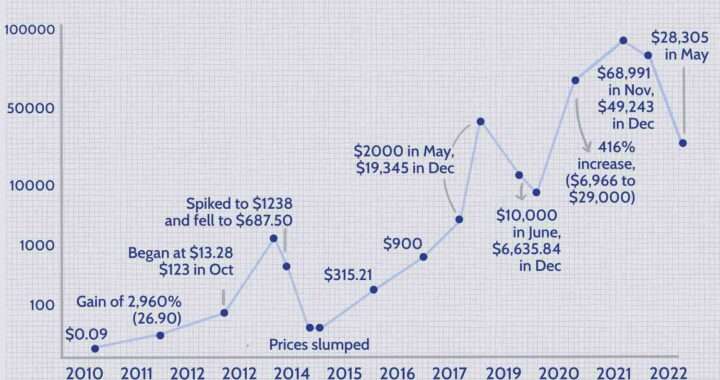The Solicitors Regulation Authority (SRA) has advised the public to be wary of new and complex scams in which fake solicitors demand Bitcoin (BTC). They come in the form of phishing emails where the perpetrator/sender poses as a lawyer. They use that frame to make the recipient believe that the email poses legal inquiries.
The Scam Details
An update on the SRA’s website reveals that the scam email address emanates from “joyti.henchie@attwaters.co.” The scam email notifies the victim of purported compromised details. It proceeds to warn victims that compromising videos will be posted online if the victim does not pay in Bitcoin.
Malicious Email Content
The scam email contains a link to a Bitcoin wallet that could be a malicious bot or contain a virus. The email mimics the name ‘Patrice Joyce’ and belongs to well-known companies such as Attwaters Solicitors and Attwaters Jameson Hill Solicitors upon a background search. Basically, the SRA does not accredit or recognise any lawyer by the name of Patrice Joyce.
Authenticity Warning from the SRA
The SRA reiterates that the use of the email domain ‘@attwaters.co’ to conduct any business or enter any transaction does not involve actually regulated firms and genuine individuals. Basically, the real email addresses for these firms end with either “@attwaters.co.uk” or “@attwatersjamesonhill.co.uk.” This is the first red flag that recipients should be on the lookout for before taking any action regarding the emails.
Attwaters Jameson Hill Solicitors and the person with her name associated with the sting email, Manjot Kaur Henchie, commonly known as Joyti, have come out to say they knew nothing about the scam email. Henchie is indeed a real solicitor and practices at the Attwaters Jameson Hill Solicitors company.
Steps to Ensure Safety
The SRA advises the public to conduct due diligence if they receive suspicious correspondence. This includes:
- Verifying the email’s authenticity by directly contacting the law firm through reliable means.
- Checking the SRA’s records to confirm the authorisation of the individual or firm in question.
This alert by the SRA goes to show that one cannot be too careful with email scams, especially those with threats demanding Cryptocurrency payments. Scams of such nature are not new and have been getting more complex with time.
Past Instances of Email Frauds
In 2020, an email extortion involved misleading website owners who use the Google AdSense service. Unscrupulous individuals asked for Bitcoin to shield them against fake attacks meant for the suspension of AdSense accounts.
In another New Zealand Cryptocurrency scam in 2020, fake solicitors compromised other users’ digital money with threats of exposing the victim’s online pornographic performance. People received messages that their secrets would be revealed unless the criminals received BTC.
The Take Home
The latest warning by the SRA serves as a timely reminder to exercise caution and confirm any unsolicited payment demands, especially those made in crypto-assets. With the current advancement in the email fraud, people should be wary of their personal information and financial assets.
Image Source: Adobe Stock
Disclaimer: This article is provided for informational purposes only. It is not offered or intended to be used for legal, tax, investment or financial advice.












